Why Choose Solar Power?
Solar power is growing in popularity and for good reason. There are a ton of advantages of solar that make it perfect for RVs and for homes alike. While there are other great advantages, these are the main points:
It’s environmentally friendly. Unlike other kinds of power, solar does not create pollution. This kind of clean energy is also renewable, as the sun isn’t going anywhere. Able to be accessed anywhere in the world, solar power is one of the few sources of renewable energy that can be used with an RV.
It’s cost-effective. While the cost of installing solar in your RV seems high, according to the Department of Energy, the energy payback period for solar panels is between 1-4 years. This means that you will save the amount of money it took to install the panels in 1-4 years. With the long life of solar panels (25 years), this is pretty great. In addition to saving money on electricity costs, you can lock in a price of energy for the life of your solar panels, creating your own insurance against rising power prices. As a plus, you can get a 26% federal tax rebate for installing solar panels in 2020.
Low maintenance and no moving parts. The only regular maintenance that solar systems need is cleaning, so as long as you keep them clean, you shouldn’t have any problems with them. This low maintenance is because there are no moving parts in a solar system. This lack of moving parts also means there is no noise. Unlike a generator, you don’t need to sit through the noise just to have power.
While solar power is a terrific option for your RV, there are still many things to consider before going all in on the panels. The most important thing to consider is if you really need them. If you are still going to be connected to shore power when you’re camping, then solar power is pretty useless. If you want to go off-grid or boondock, then solar power provides you with freedom and independence. If you’re only out there on occasion, then a portable solar panel kit may be a better option than permanently installed panels.
Keep in mind that solar power is not meant to power the entire RV directly; it just charges your battery. A portable generator could also work for this purpose, as would the engine’s alternator, however, a solar charging system requires no gas, makes no sound, and can charge for hours while the sun is shining, making it a much more convenient, comfortable, and cost-effective method. Even with these advantages, most RVs don’t come with solar panels already installed. Instead, some come “solar ready,” which means that they are pre-wired for solar.
How Much Power Do You Need?
Knowing how much power you need is the first step in investing in solar power. If you get too many solar panels, you could run out of room and need to invest in a place to store all that power. On the other hand, if you have too few panels, you could run out of energy and be forced to resort to your noisy generator. A good first step in knowing how much energy you need is determining how much power you use in a day or in a trip. There are a couple of ways to do this.
Experienced RVers will know how much power they use in a typical trip. If you’re not sure, however, you can use a battery monitor to keep track of the power you are using. Once you know how much power you use in your trip, calculate how much power that is per day. Using this information, you can determine how many amp-hours you need. This is not a commonly preferred method, however. Other RVers like to simply give their batteries a trial run by boondocking and living life as they normally would, checking their batteries periodically to make sure they don’t go under 50% (as this will damage the battery).
Once you know how far your batteries will take you and how much power you are using, you can use that information to decide on how much power you need from solar panels. Some more tips for estimating solar panel needs is to use the rule that a 100-watt solar panel can produce about 30 amp-hours per day. You can use this rule to determine how many you need. Another tip is to match your battery capacity in amp-hours with your solar output in watts. A 300 amp-hour battery would need around 300 watts of solar power, for instance. Also keep in mind that solar panels drop their energy on cloudy days, so you may need a cushion of about 20% for these cloudier days.
Energy Saving Tips
Once you install your solar panels, there are a few things you can do to conserve energy.
- Use LED bulbs. They use less energy, shine brighter, and last longer than conventional bulbs.
- Unplug electronics when not in use and charge them while driving if possible.
- Adjust your daily routine to use the least amount of energy as possible. For example, read during the daylight hours and leave the camper during the day rather than use appliances to cool it.
- Replace older, more power hungry, appliances. Invest in more energy-efficient appliances.
- Shorten your shower time. This will lessen the energy used by your water pump and save it for your other appliances.
- Park your RV under shady trees or use your awning to keep cool to lessen the load of your fan or air conditioner. If it is cold, you can layer up more to lessen the load on your heating system.
Solar Panel Care
One of the questions most often asked about solar power is how long the panels last. For the most part, solar panels last for about 25-30 years. Their power does degrade over time, however, meaning they will not produce as much energy as they did at the beginning of their life. To extend their life, make sure you use high-quality equipment, not just high-quality panels.
Even though they say they will only last for 25-30 years, solar panels will still work after this time has passed; it will just not be a significant amount. You can help to extend their life through keeping them clean and maintained, keeping away from rocks and other debris, and having them inspected by your installer or another service provider. In general, though, these are the only methods you can use to keep them lasting longer, as they are already very durable on their own.
To wash your solar panels, you can either contact a company specializing in cleaning solar panels or you could wash it yourself. Some people even say that you can simply wait for the next rain and let all the dirt slide off. If you do want to wash your panels yourself, though, use water, a gentle soap, and a soft brush to remove buildup from the corners of the panels. Make sure to avoid harsh chemicals, abrasive scrubbers, and pressure washers, as these could damage your solar panels.
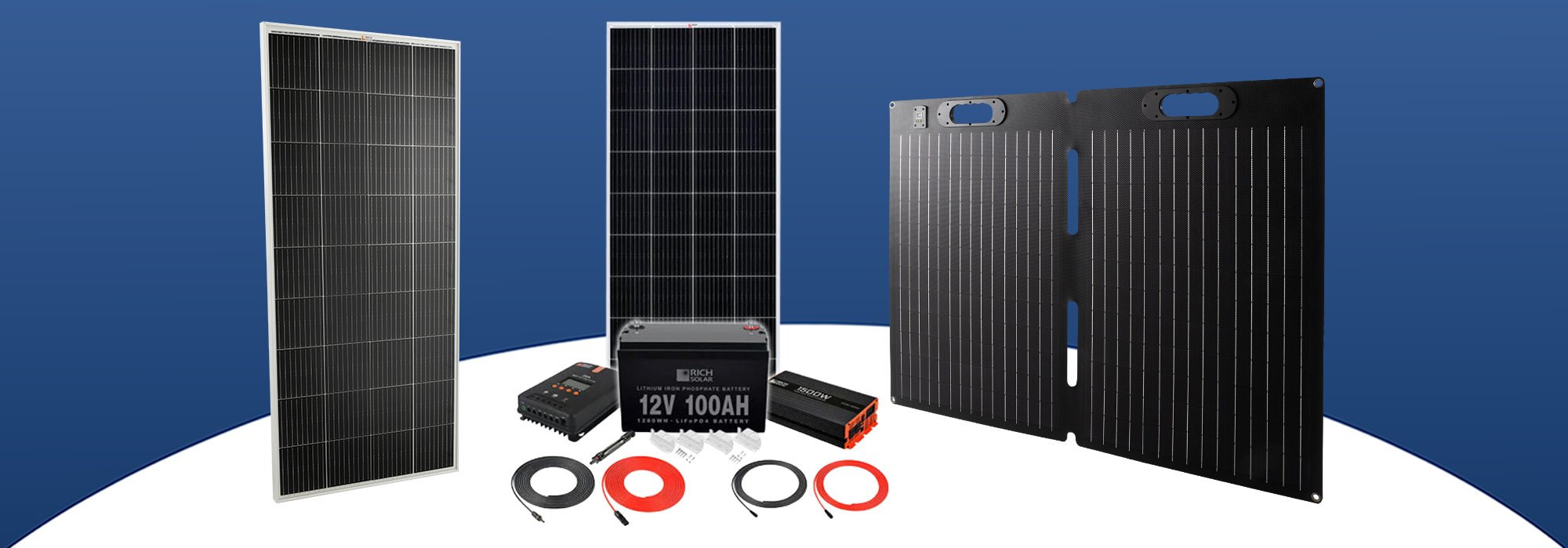

 $454.95
$454.95
 $499.95
$499.95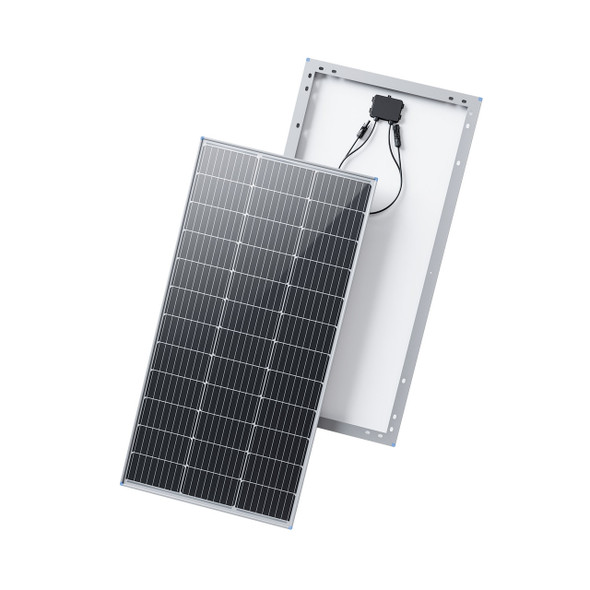
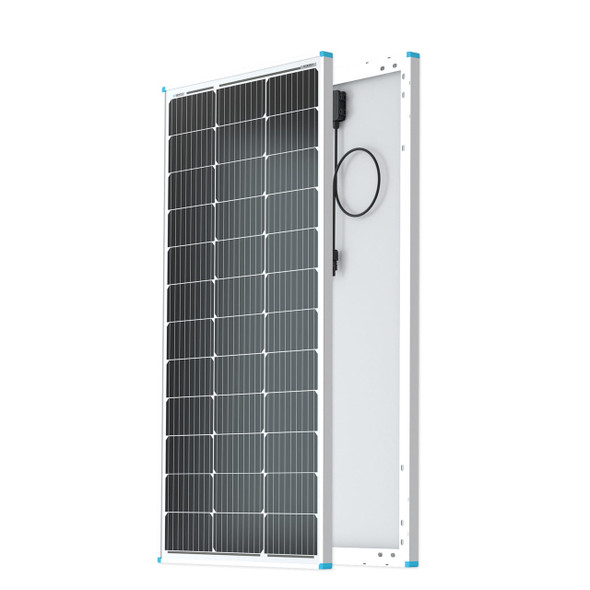 Now: $94.95Was: $99.95
Now: $94.95Was: $99.95
 $69.95
$69.95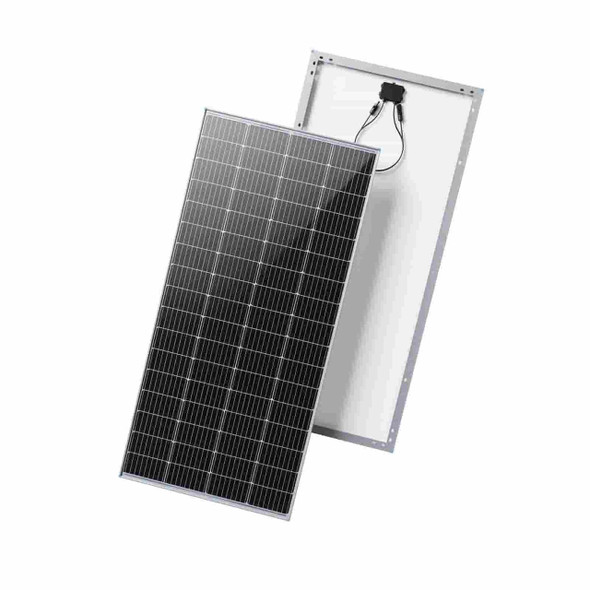
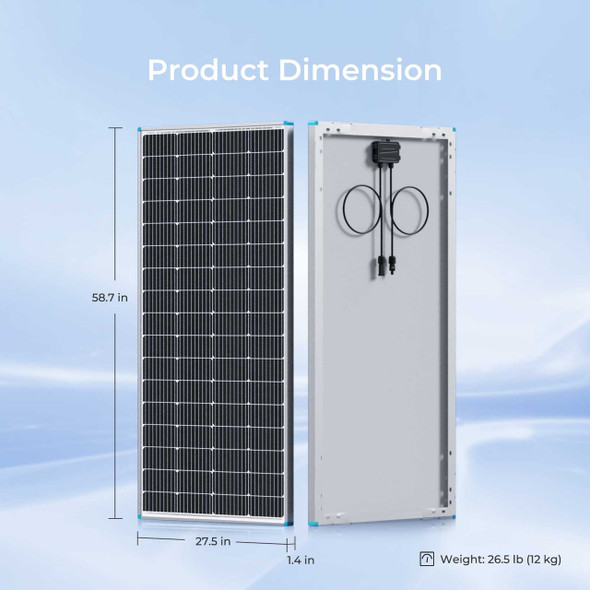 $604.95
$604.95
 $379.95
$379.95
 $209.95
$209.95
 $109.95
$109.95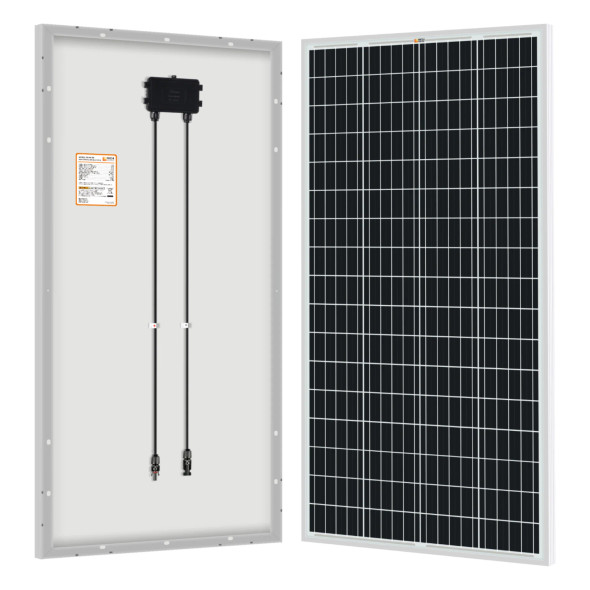
 $199.95
$199.95
 $149.95
$149.95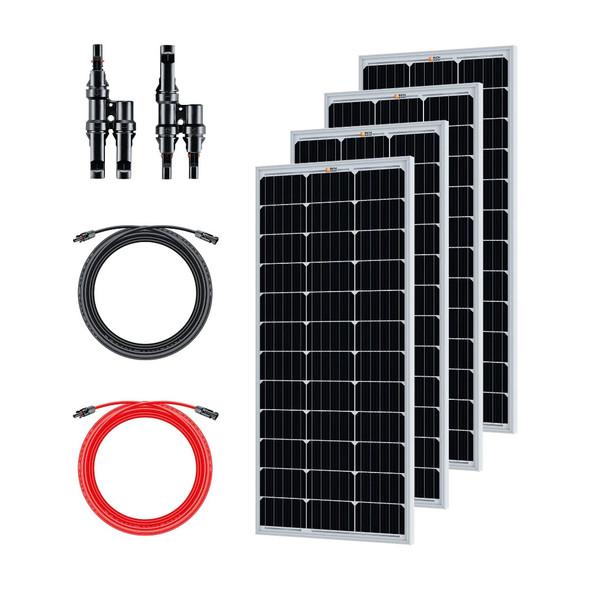
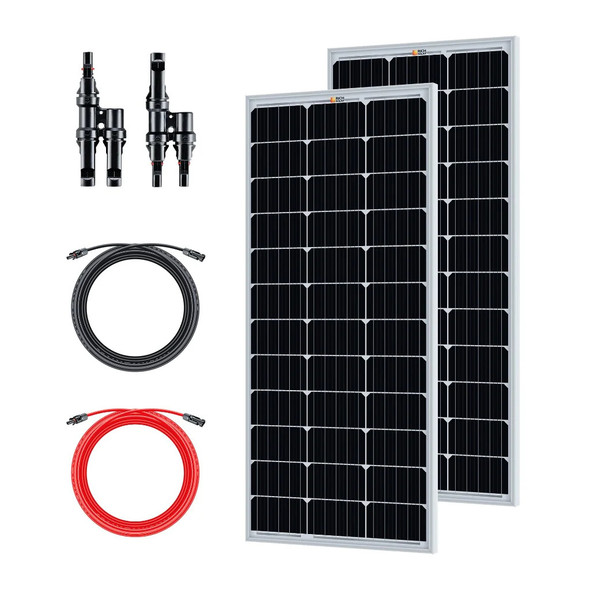

 $1,344.95
$1,344.95
 $1,009.95
$1,009.95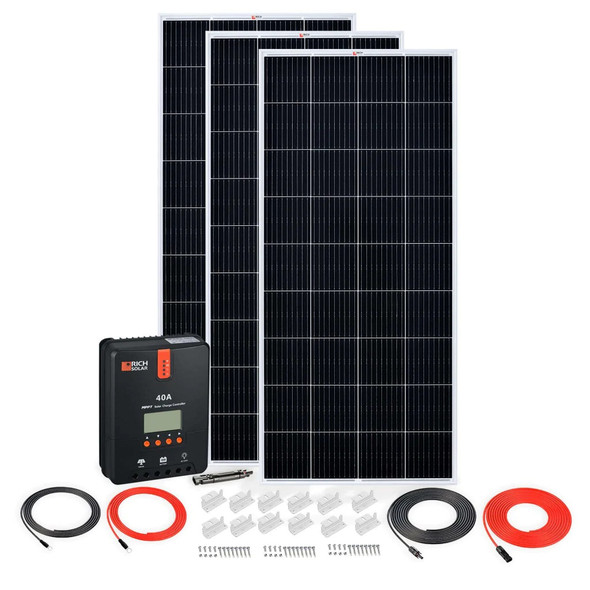
 $754.95
$754.95
 $334.95
$334.95
 $249.95
$249.95
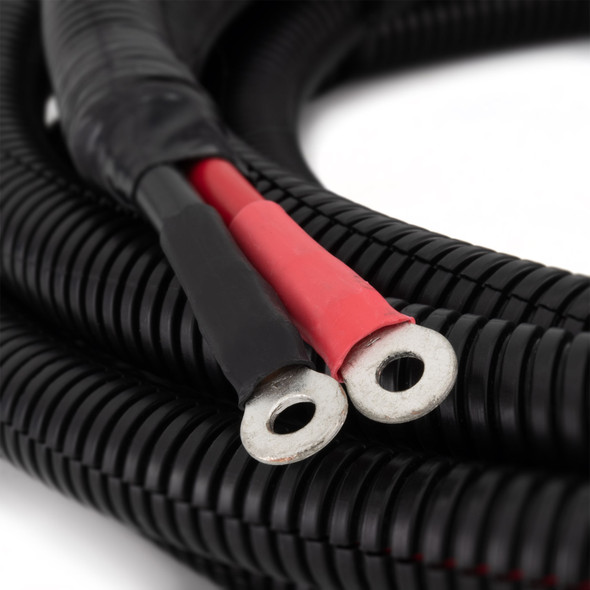 $67.95
$67.95
 $499.95
$499.95


